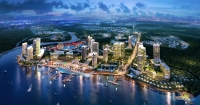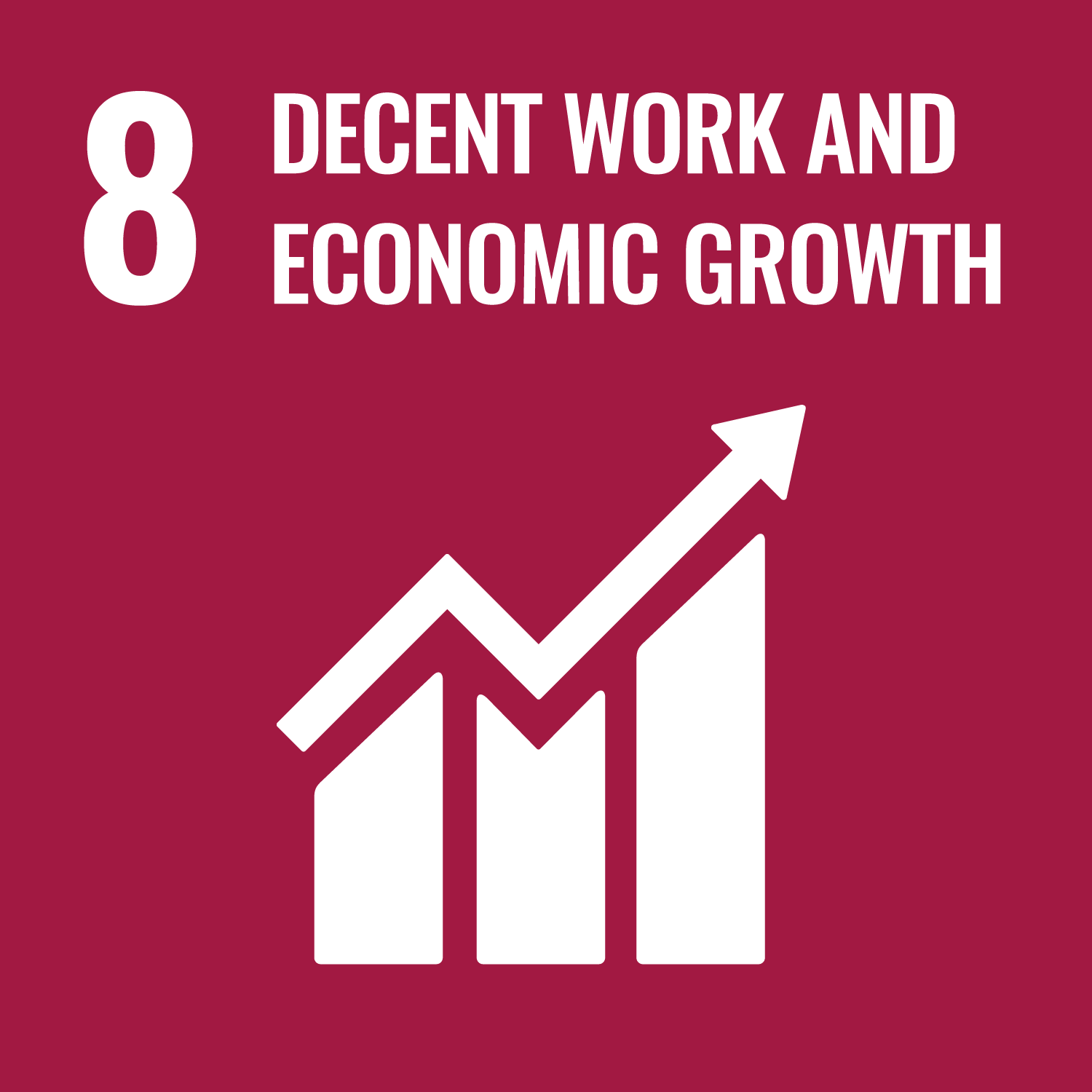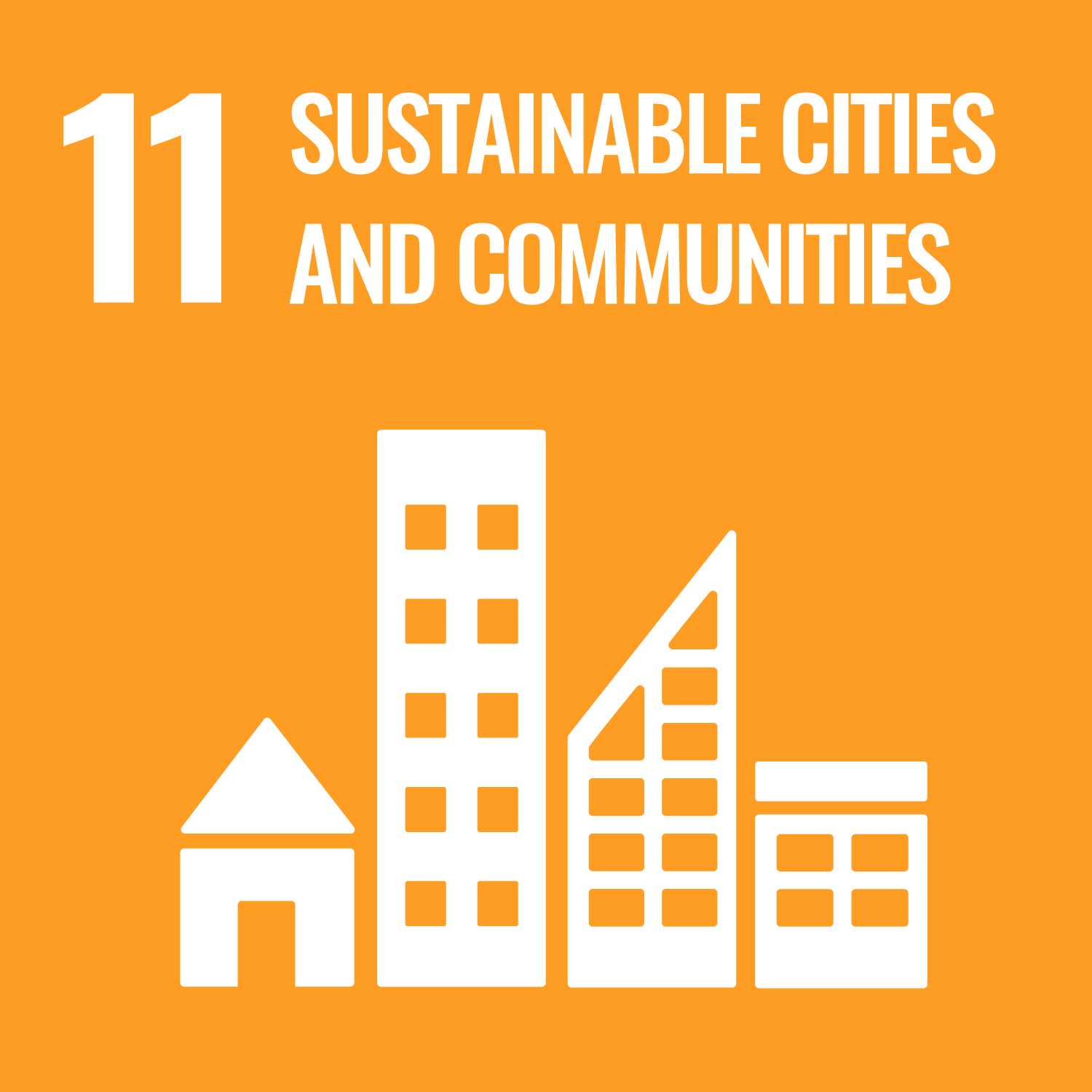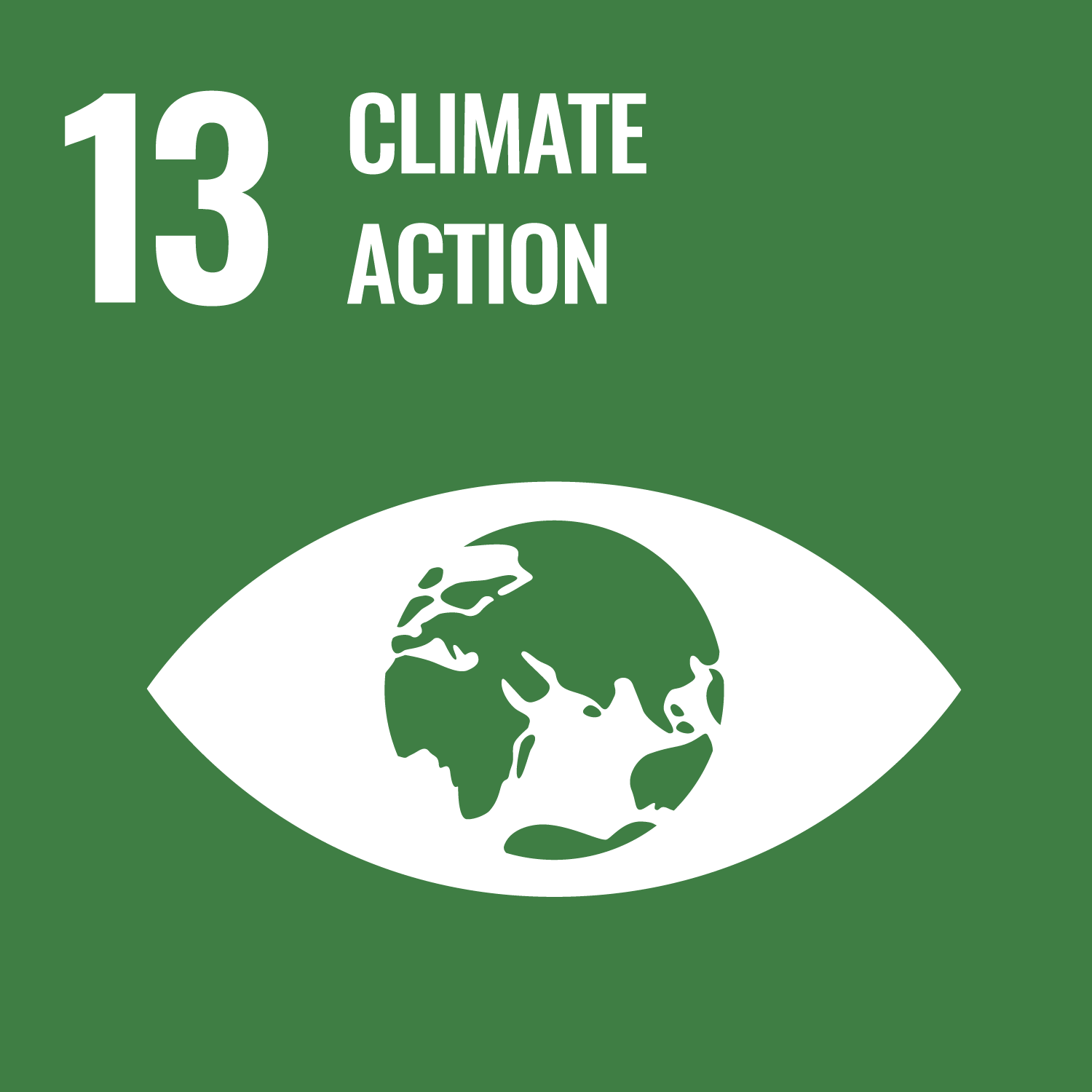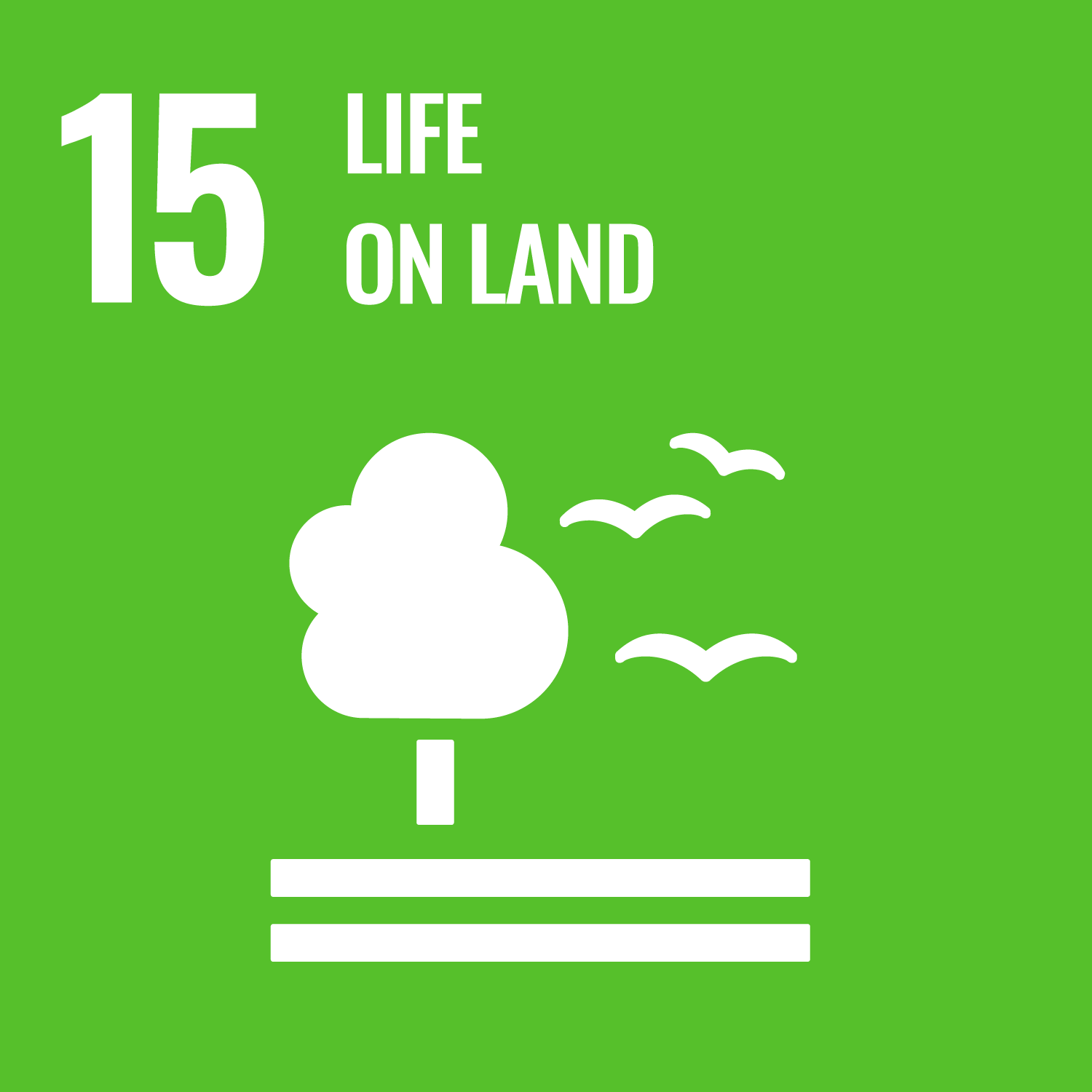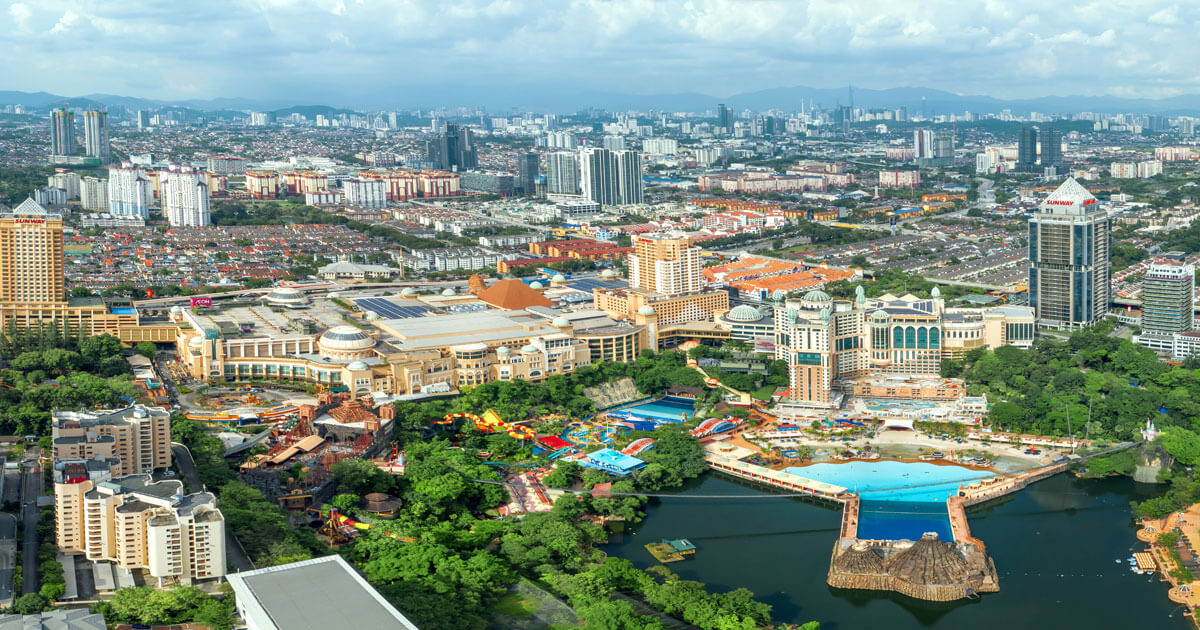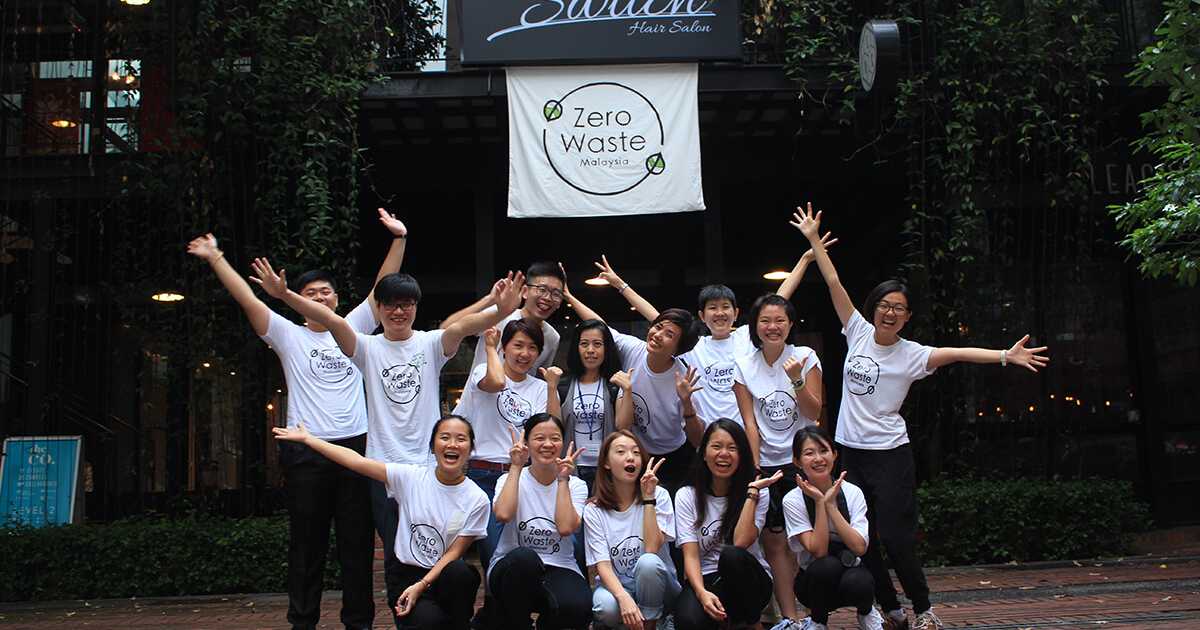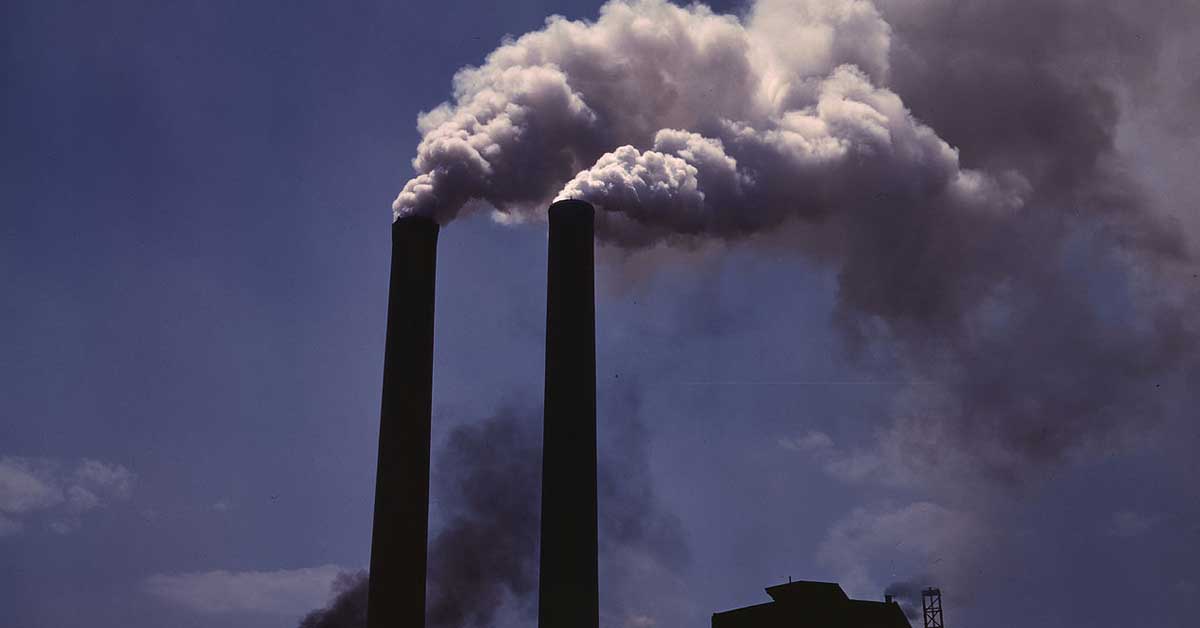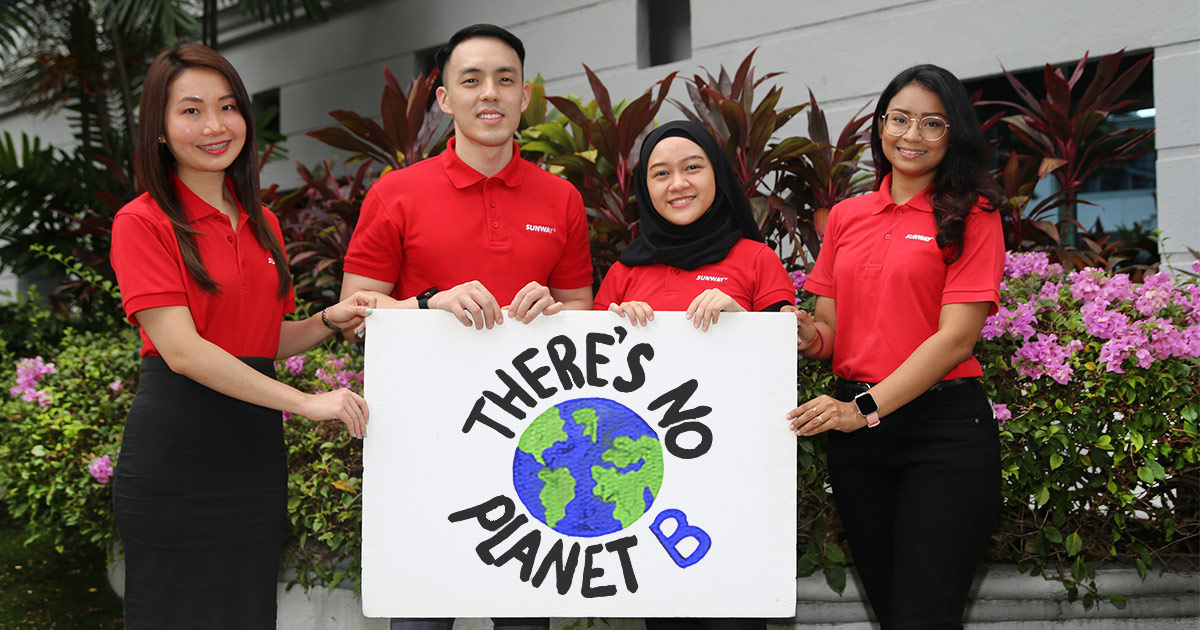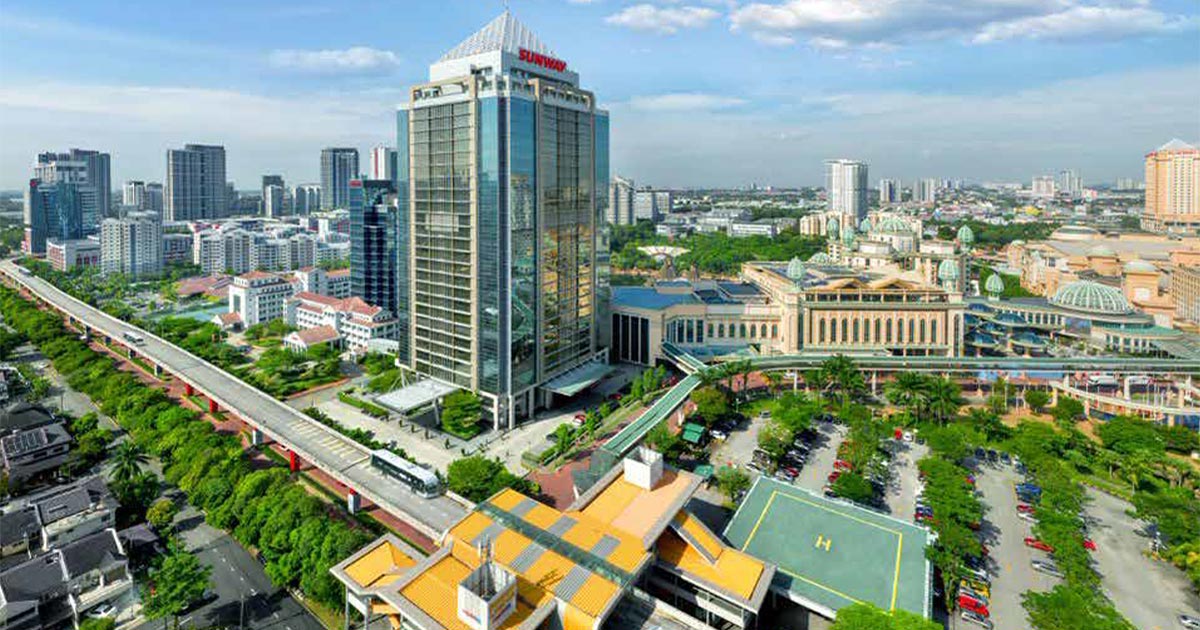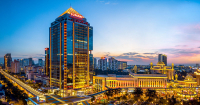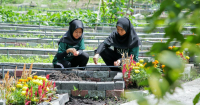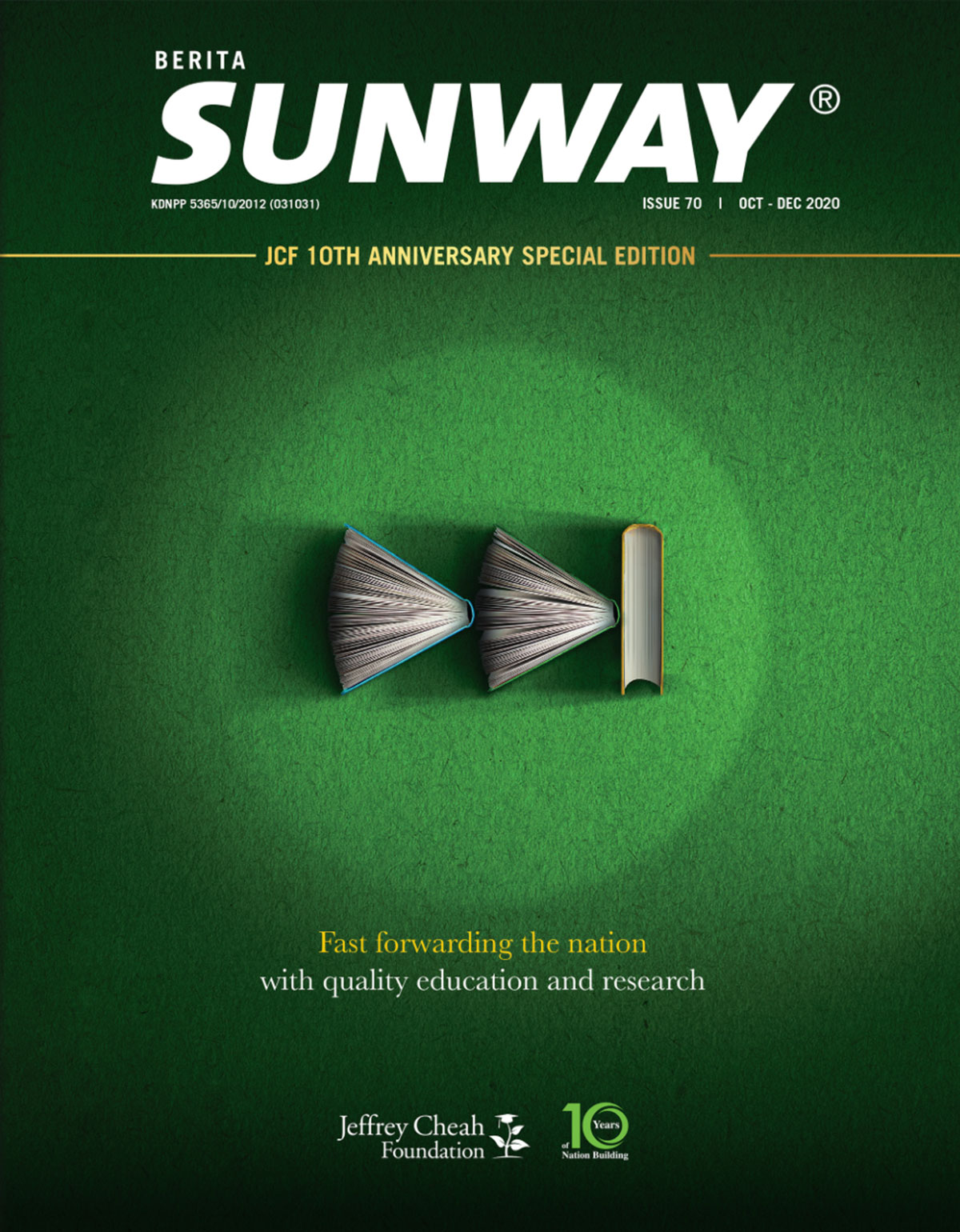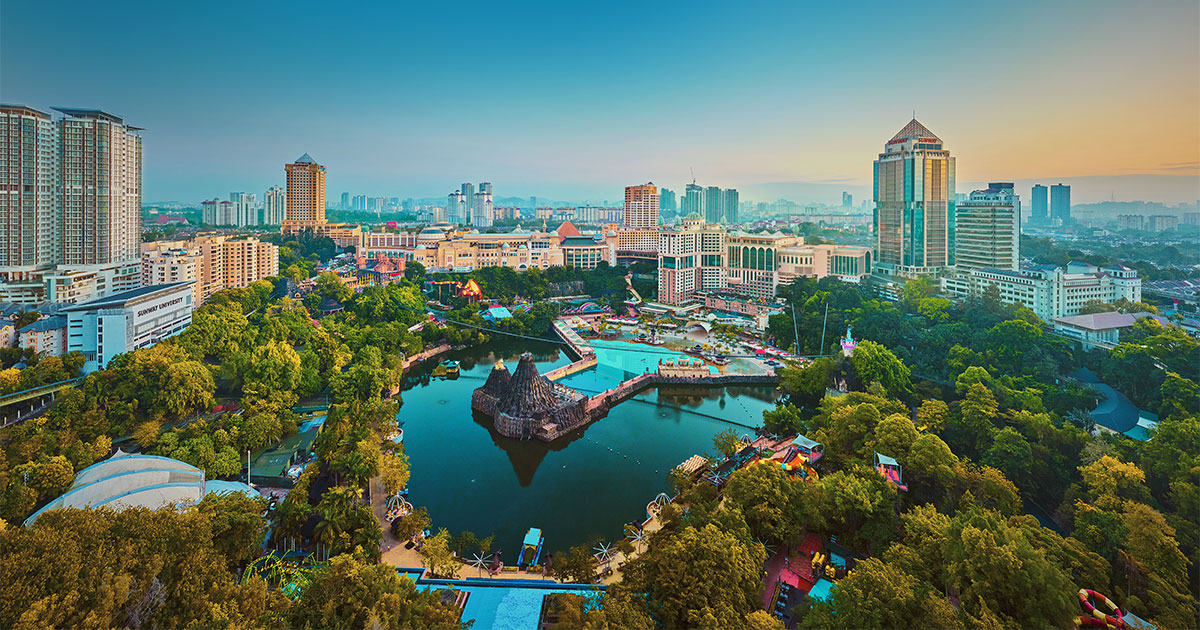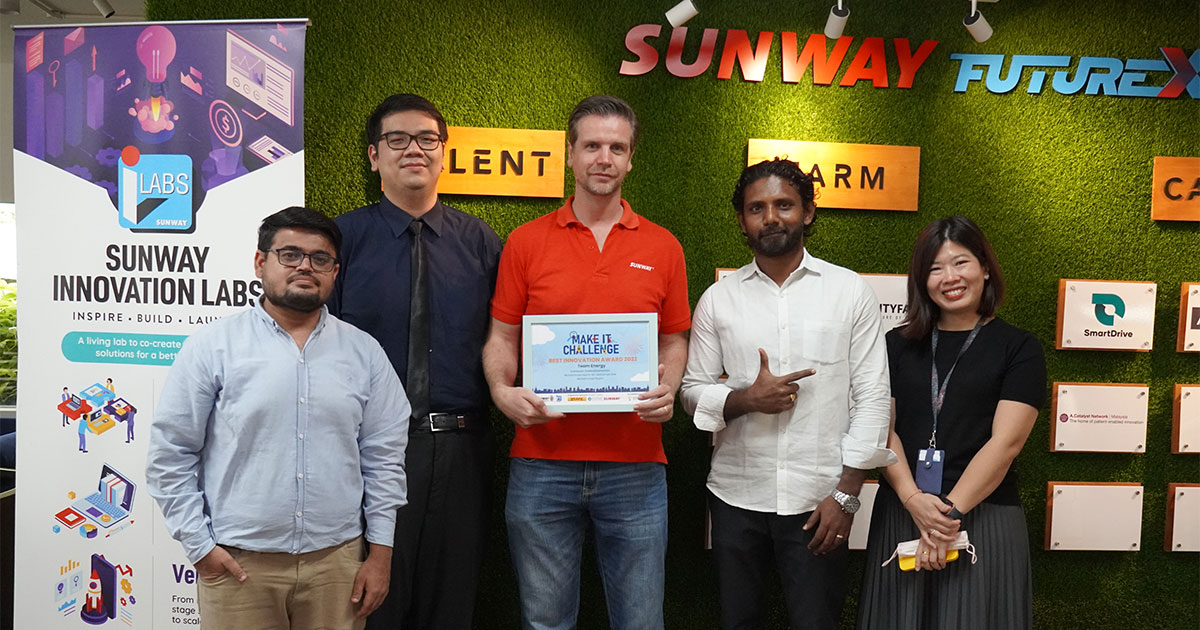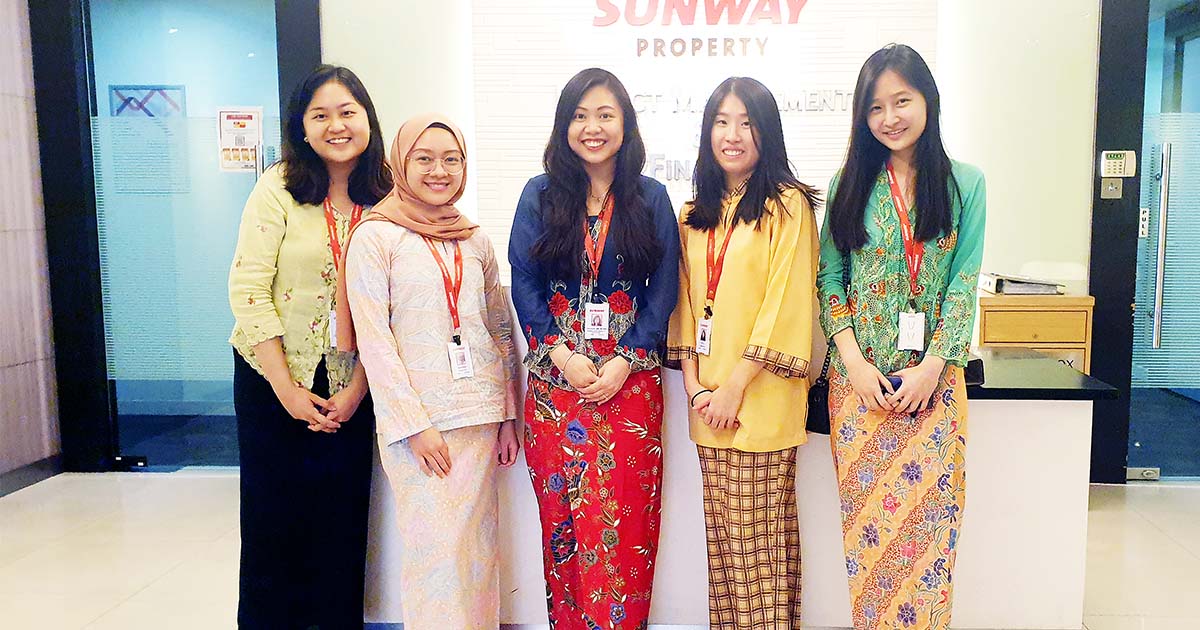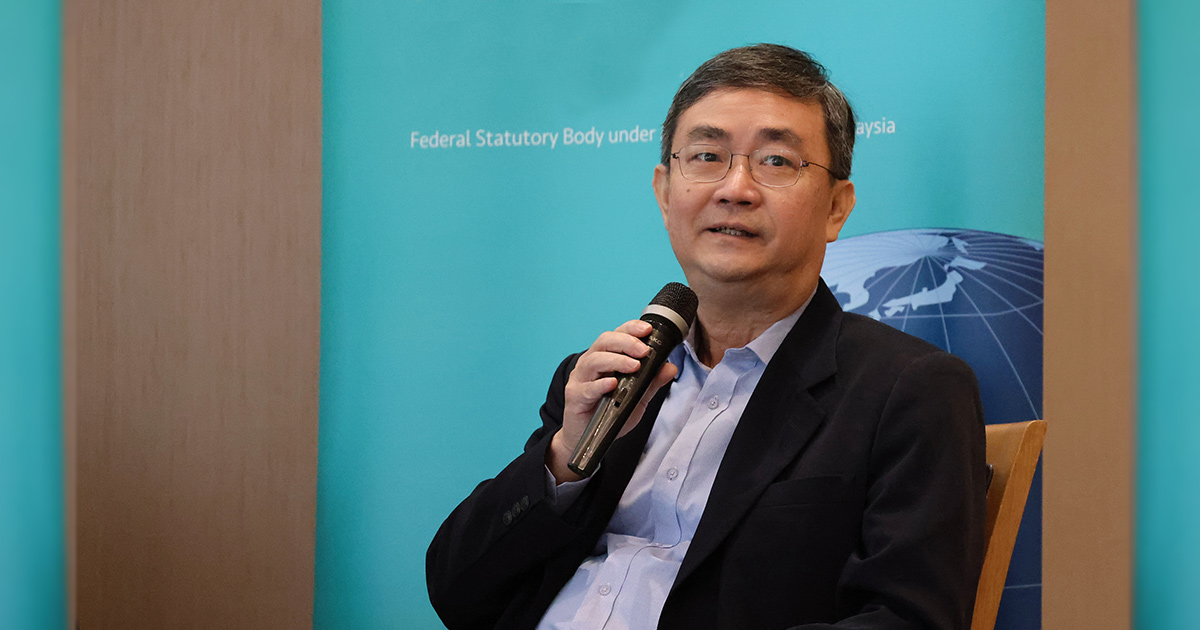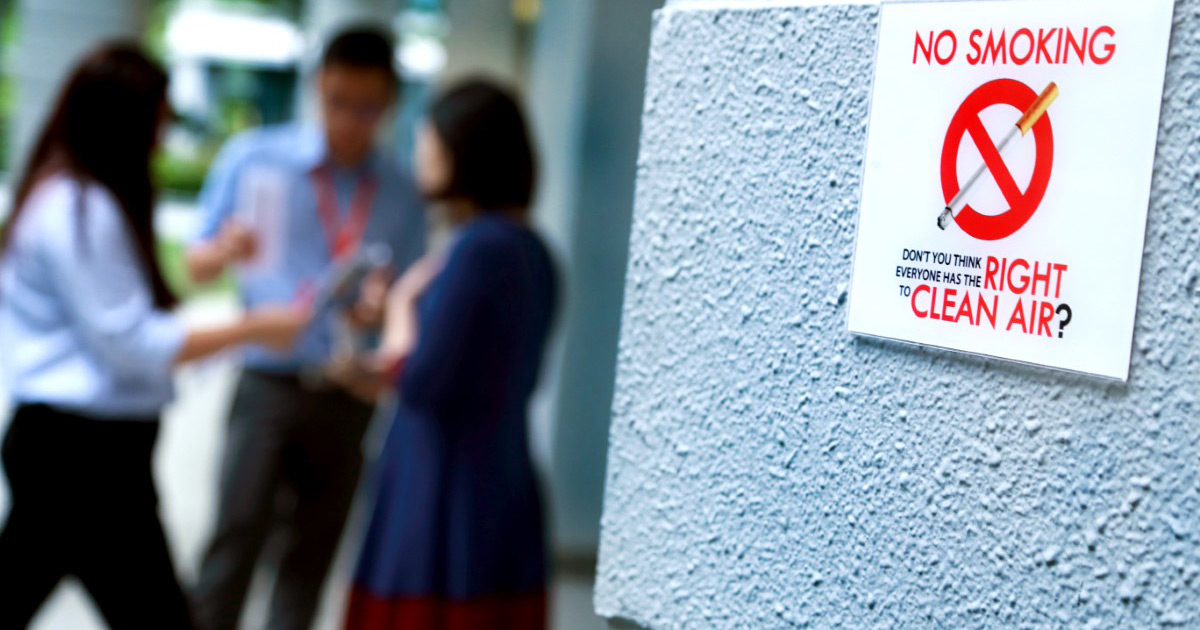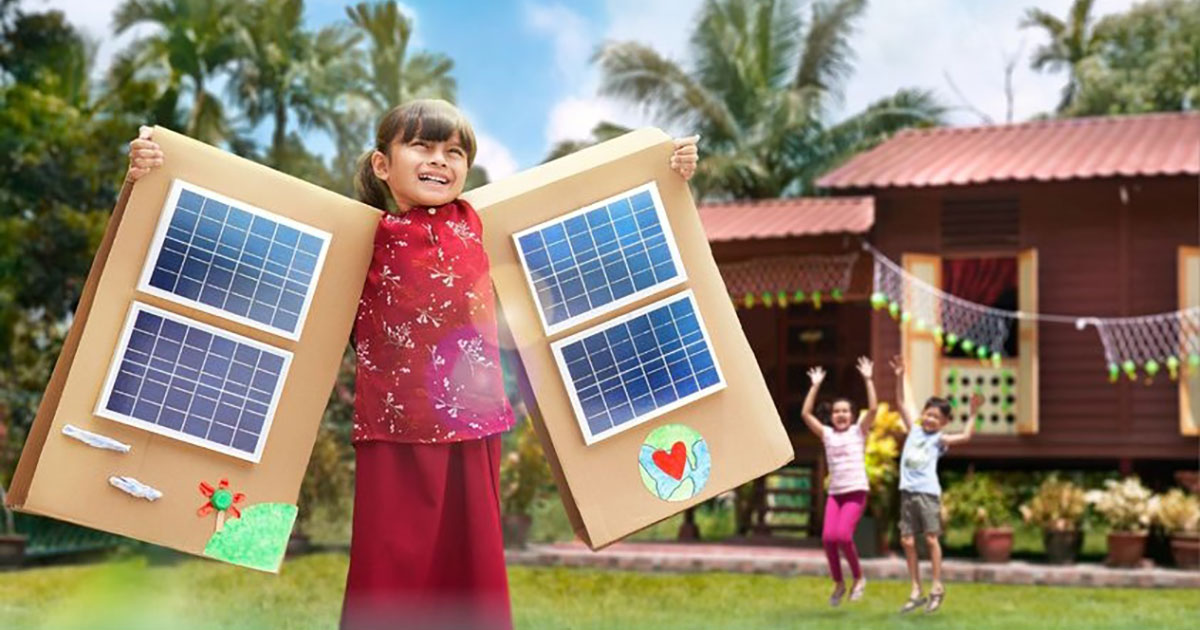Net Zero for Businesses Is Possible, With the Right Approach
-
Companies need to commit to ambitious targets in order to achieve net zero carbon emissions.
-
Sustainability is closely linked to business survival, and to helping businesses thrive.
-
Innovative ideas, such as carbon pricing frameworks, are helping Malaysian conglomerate Sunway Group lead the way in Southeast Asia.
In the wake of COP26, countries around the world are refocusing their sustainability efforts in a continued bid to — as the Glasgow Climate Pact states — “keep 1.5 alive.” In other words, to keep global warming below 1.5°C in order to avoid the worst effects of climate change. Here’s how one Malaysian company is leading the way in Southeast Asia.
Sunway, one of Southeast Asia’s leading conglomerates, with 50 locations across 11 countries and more than 16,000 employees, is demonstrating just how green massive corporations can really be with the right balance of values, innovation, and business sense.
Sunway has established a set of 19 targets across five goals that are aligned with science-based targets. It has also committed to net zero carbon emissions by 2050 (and a 50% reduction in greenhouse gas emissions by 2030, in line with the United Nations’ Intergovernmental Panel on Climate Change guidance). The goals are: transforming its portfolios to be low carbon sustainable cities, advocating a responsible value chain, developing a safe, equal, and dignified workforce, investing in community inclusivity, and respecting ethical principles.
This framework has driven a number of initiatives — many born out of the efforts to rehabilitate an abandoned tin mine into Malaysia’s first green integrated township, Sunway City Kuala Lumpur. One of three sustainable towns developed by the group, the project has helped Sunway integrate energy efficiency measures such as motion sensors, LED lighting, and solar PV throughout its operations, which include malls, offices, hospitals, quarries, industries, and manufacturing.
Other focus areas include large-scale water treatment and recycling (processing 2.25 million gallons of water every day), plastic reduction schemes, and food waste processing, which creates upwards of 8.8 tons of compost every year that is given away to local residents for free.
Making the business case for sustainability is crucial
But these measures are just low-hanging fruit for a company the size of Sunway, which recognizes that sustainability and business go hand-in-hand. “We know that climate change will bring out different risks: Physical risks such as flash floods, or transitional risks such as governments putting up a carbon tax,” Ong Pang Yen, executive director of the chairman’s office at Sunway Group, said. “Sustainability and survival are two sides of the same coin.”
As such, Sunway is among the first corporations in Southeast Asia, and the first in Malaysia, to introduce a carbon pricing framework into its business, putting it in the company of some 40 other countries around the world. Between 2022 and 2024, prices will be set at RM15 per ton of CO2 above a pre-defined threshold level — that’s approximately $0.25 per 1.1 ton of CO2, which is broadly in line with the prices set by the Singapore government.
This price will be recalibrated progressively, with each of Sunway’s business divisions working toward their own decarbonization targets. Those that fail to meet these targets will also have an amount deducted from their bonus pool. “This way, the group hopes to send a clear message to operators and managers that they need to start innovating to find solutions to cut carbon emissions,” Ong added.
Significant change will require significant ideas
Indeed, innovation is a central pillar of Sunway’s sustainability efforts. In 2017 the group formed a partnership with the Massachusetts Institute of Technology (MIT) to investigate the commercialization of capturing, utilizing, and storing carbon. It’s also currently looking into large-scale solar farm investment.
In 1997, Sunway founder and chairman Tan Sri Sir Jeffrey Cheah established the not-for-profit Jeffrey Cheah Foundation, the largest education-focused social enterprise in Malaysia. Cheah has long championed education to address poverty in Malaysia, believing it to be central to developing a more sustainable society.
Meanwhile, innovations in a business context have seen the company become one of the first in Malaysia to support the recommendations of the Task Force on Climate-Related Financial Disclosures (TCFD), and to set up a dedicated sustainability committee at the board level. This is supported by the Jeffrey Sachs Center on Sustainable Development, giving Sunway a dedicated focus on sustainability issues at the highest level of governance.
It’s this carefully-measured, triple-bottom-line approach of people, profit, and planet — taking into account the environmental, social, and governance (ESG) factors around sustainability — that has seen Sunway firmly ensconced in the ESG-themed FTSE4Good Bursa Malaysia Index for seven consecutive years; it now ranks in the top 15% among its industry peers. Internationally, Sunway achieved an “A” score in the latest Morgan Stanley Capital International (MSCI) ESG Ratings.
Clearly, Sunway has a solid track record when it comes to sustainability, but as Ong noted, these initiatives and accolades are not part of a box-ticking exercise, nor should they be for any company.
“Instead of just blindly following the reporting frameworks, we’ve looked at what we need to do,” Ong said. “The most important thing is that we don’t do sustainability reporting for the sake of it. We collect data to help us improve our performance and our processes. As we tell our shareholders, a storm is coming so we had better be boarded up to prepare.”









